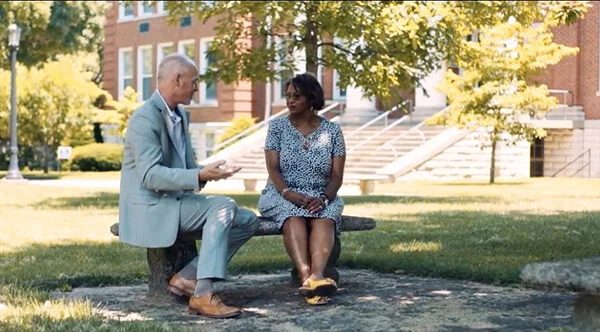[vc_row][vc_column][vc_column_text]Many Americans have to hang up their car keys for good due to dementia. There is an increasing prevalence of Alzheimer’s disease and other forms of dementia in the aging US population and it is forcing the hands of caregivers, family, and physicians to ensure getting those impaired off the roads. Cognitive disability creates peril not only for the driver themselves but also for car passengers, other drivers, as well as pedestrians. The widespread and increasing numbers of Americans with Alzheimer’s is changing the landscape of able drivers. According to 2017 Alzheimer’s Organization Disease Facts and Figures (www.alz.org/documents_custom/2017-facts-and-figures.pdf) 38% of the population eighty-five or older has Alzheimer’s dementia however that number is 44% aged seventy-five to eighty-four and 16% between the ages of sixty-five to seventy-four. One in ten Americans aged sixty-five or older have Alzheimer dementia.
Those are startling numbers and they are reaching into ever lower age groups and it is having a big impact on driving safety. What to do if your family or friend is showing signs of Alzheimer’s or other dementia’s? First of all the disease can be hard to identify because those close to an aging person may see small changes often enough but miss the bigger picture because of their immersion in the person’s life. What they once saw as typical age-related changes however can morph into the more serious inabilities of cognition, reaction time, and worse. Think of an Alzheimer patient forgetting the route to get where they want to go, or forget all together where they want to go, or driving confused as to which is the brake pedal and which is the gas. As with any degradation of ability due to aging often the person suffering will try to hide symptoms or deny they are having problems whatsoever. Getting a medical diagnosis is one of the best first steps to take. It brings the cognitive changes out into the open, it begins the discussion, and it also creates a baseline of current abilities so that decline can be measured over time more easily.
There are some drivers with milder Alzheimer symptoms that can handle shorter car trips but to be sure that only lasts for a little while as there is currently no cure for the disease or drug to slow its progression. Many younger aging groups never considered they would not be able to drive a car by the age of sixty-five or seventy but it is happening more and more without any type of planning on their part as to how they will be able to get around for basics like grocery shopping, doctor appointments and extracurricular activities such as social get-togethers and gym workouts. And that is just addressing some of the more daunting logistics. There is an emotional component to giving up driving. There is a loss of freedom and independence, a feeling of isolation that occurs which can lead to depression.
If your senior family member or friend lives in a car centric community it is imperative they start planning today. Open a dialogue with them, their physician, and maybe even with yourself, as to how they and you might handle the loss of a drivers license far earlier than you might have expected. There are many retirement communities where a driver’s license is a luxury rather than a necessity. There are many services available to deliver groceries and meals, schedule ride sharing trips to appointments and classes but you will not know what is available, reasonable, and an affordable situation for your aging family member unless you get involved and start planning today. The statistics are in and planning for the very real possibility of contracting some form of dementia that can affect your ability to drive has become a necessity if you and your loved ones want to avoid future problems.
Alzheimer ’s Disease International cites Alzheimer’s and other dementia’s as the top cause for disabilities later in life. Being disabled and not having the ability to transport oneself around creates challenging logistic, physical, and psychological problems. Get your pre-senior life in order for just such a contingency and help those whom you care for that are already facing the problems of life without a license to drive.
Contact our office at 859-544-6012 and schedule an appointment to discuss how we can help you with your planning.[/vc_column_text][/vc_column][/vc_row]


